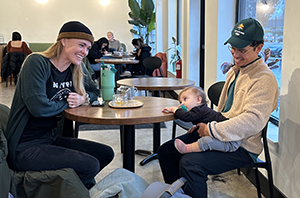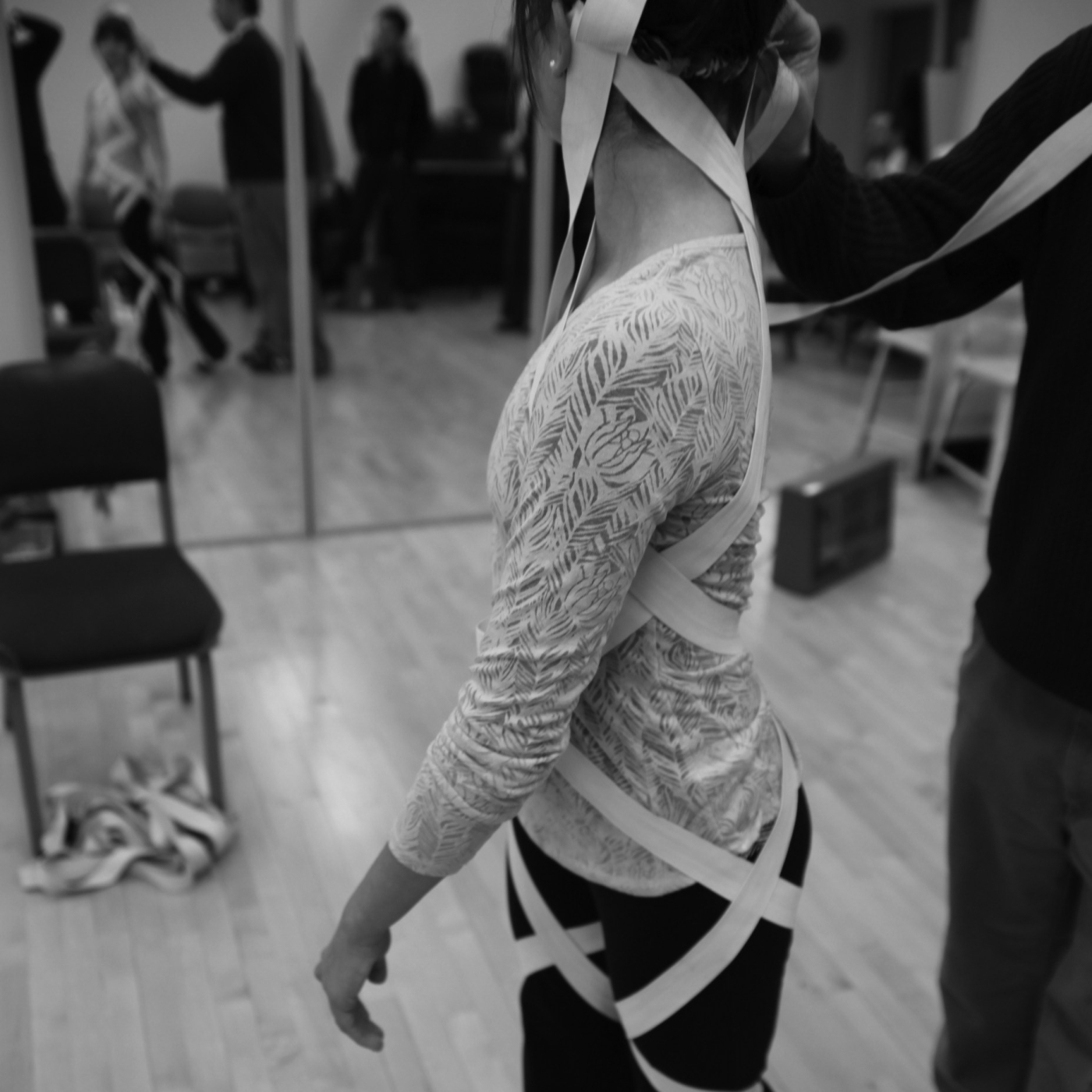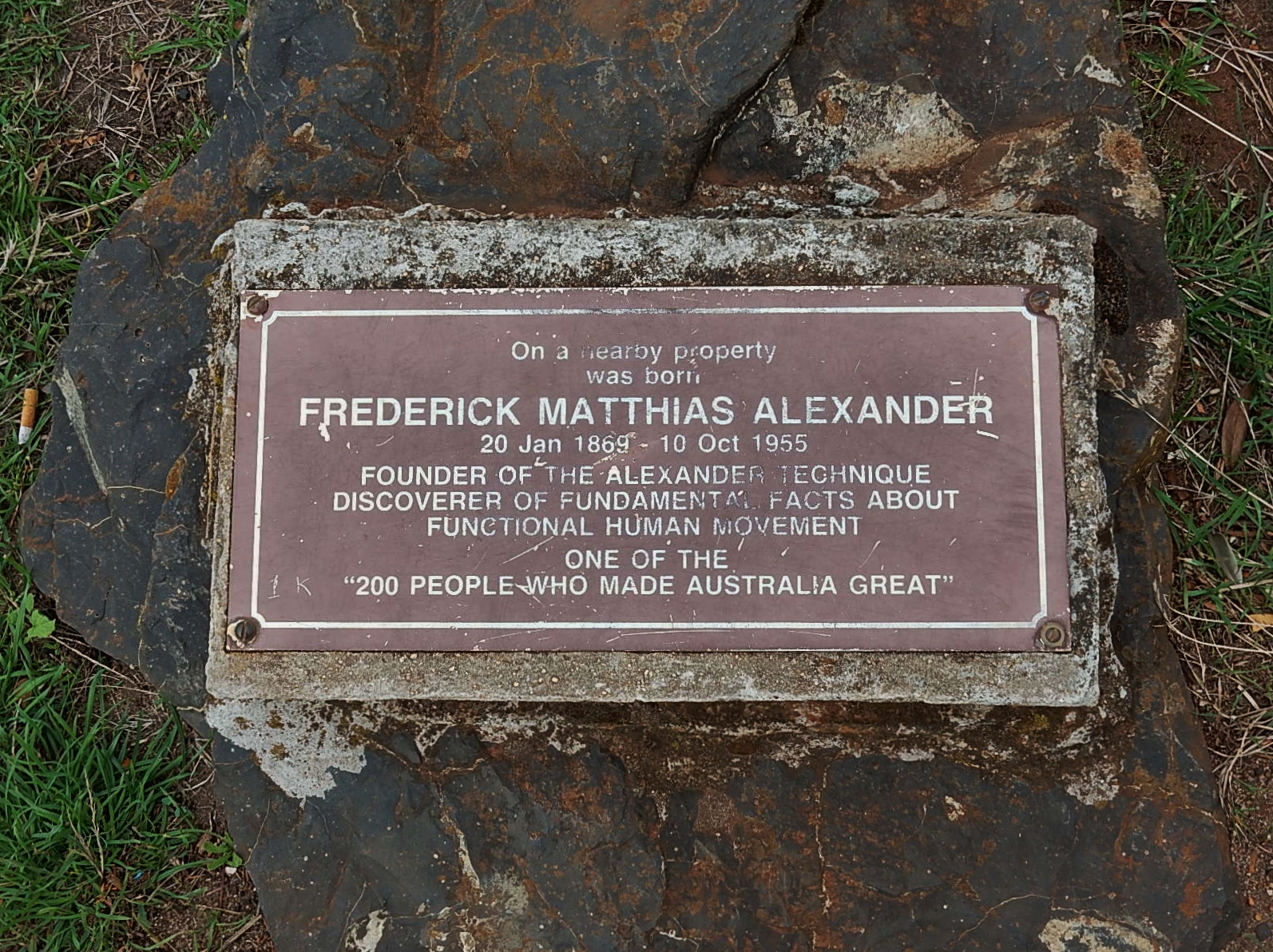This is a follow-up from yesterday’s blog named, “You can’t give what you don’t have,” which was essentially about considering the culture where we often overextend ourselves, assuming there will be a break later, thinking that we’ll catch up, often believing that what we do now will have an impact at a later date.
Sometimes, we find ourselves between a rock and a hard place, feeling a strong obligation to be generous, to give all there is, and often more than there actually is available in us. In this context, it’s counter-cultural to support not giving when we lack the time or resources. After reflecting on this last blog, a small voice inside me opposed the idea that stopping ourselves from overextending would mean that something was missing, that something crucial would be lacking in ourselves. That type of practice, as I see it, is about identifying and addressing what’s missing, whether it’s knowledge, self-refinement, or a transformation of some kind.
Today, while listening to Bob Thurman’s podcast, he mentioned about authoritarian systems who tell their citizens that something’s wrong with them. I related it to the teaching profession. Teachers, like authoritarian systems, sometimes have a tendency to lecture students, dictating what’s right. These constant corrections can leave one with a sense that something’s missing, that not everything is there, when in fact, everything is fine.
Even in the context of mixed-ability bodies, everything is fine. We are all able to use ourselves to a certain degree, and most of us don’t have perfect bodies. As one of my friends gently reminds me, most of us will experience some form of disability in our lifetime as we age.
This brings me to the realization that various practices, including ballet, meditation, and the Alexander technique, were about creating a perfect version of myself or getting rid of what I perceived as “wrong.” Despite practicing these for over 20 years, it’s evident that the essence of the Alexander technique, for example, is not to transform into someone else but to come to terms with the amazing nature available to us.
Recently, as I was warming up with dancers, surrounded by windows, mountains, and the sky, I realized the pure amazement of being alive and moving. There is nothing to add to this experience, and its full realization is what practice is about.
That’s why we refrain from giving what we don’t have; without the realization of our full potential as a mind and body, it becomes challenging to give something that feels genuine. Yet, in truth, we already have it all; it’s just that we are not encouraged to see or rest in that realization. So, while we can’t give what we don’t have, it also doesn’t mean there’s anything to get.
What we are is simply complete.






Recent Comments